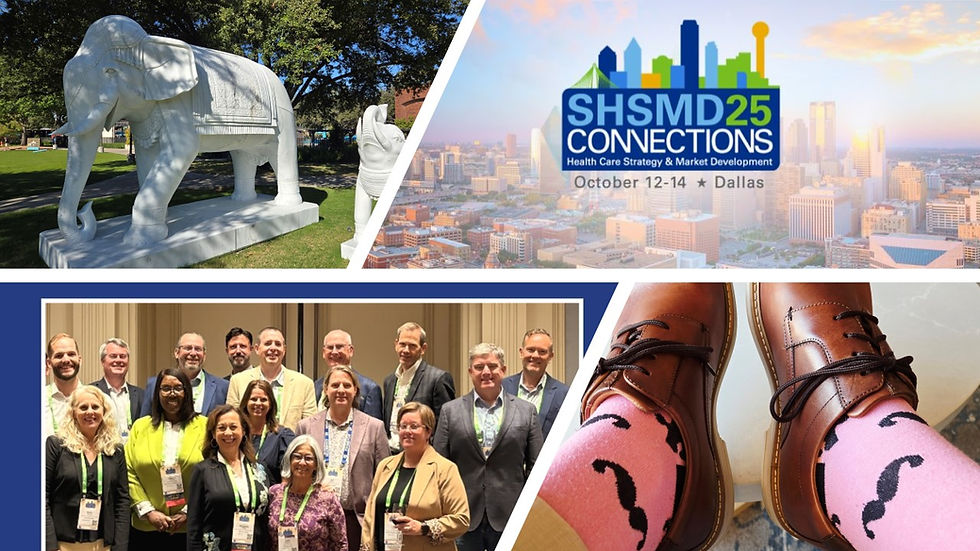Reflecting on homelessness in Portland
- Alan Shoebridge

- Mar 21, 2018
- 2 min read
As I prepare to leave Portland today for a new career opportunity, it’s impossible for me to not evaluate the plight of homelessness in the Rose City, and what we – society and individuals – have done well and where we’ve failed.

My perspective on homelessness has dramatically evolved thanks to serving on the board of Transition Projects, an organization that moves people from homelessness to housing. Joining the board in 2012, I had no understanding about the root causes of homelessness or what could be done to address it. Here are some lessons I’ve learned.
Responses must be rooted in empathy. Listening to conversations about homelessness, it’s clear that most people believe it could never happen to them. Being homeless only happens to other people who make bad life choices. The truth is more complex and distressing. If you – like most Americans – have less than $1,000 in savings, you are at risk if life takes an unexpected turn and you run out of places to stay and favors to ask.
The homeless are “us.” Another common complaint I hear is that people come to Portland from other states to be homeless. In fact, recent studies show that the vast majority of the homeless population is from Oregon or has lived here longer than a decade.
Homelessness isn’t a lifestyle choice. There are some people who – without mental health issues, addiction, a history of sexual or physical abuse, financial problems, etc. – make a fully conscious decision to be homeless. From my time interacting with some of the 10,000 people assisted by Transition Projects each year, I can tell you that that those people are the exception, not the rule
Not everyone is ready to be housed without support. People who have become homeless for the reasons listed above are often not ready to move into permanent housing without help. This is particularly true for the chronically homeless – a group that makes up more than 30 percent of our homeless population. Any solution to homelessness must focus on joining affordable housing and the support services necessary to help people succeed.
The people fighting to make a difference are incredibly passionate, dedicated and smart. The staff and leadership at Transition Projects care deeply and make a difference every day. Other agencies work just as hard. I can’t even imagine where Portland would be without their energy and commitment.
Long-term solutions to homelessness are incredibly complex and will likely require our society to engage in some type of large-scale, publicly-subsidized housing for at-risk populations. However, the political will to do that seems far off in the future given the current trend of federal spending cuts.
How to learn more and get involved
What can the average Portlander do? Take small steps to get involved: Donate time, money and clothing to agencies addressing homelessness and push elected leaders to act.
Most importantly, treat the homeless with compassion and understanding. For more facts and figures about homelessness in Portland, visit tprojects.org/snapshot.
Alan Shoebridge Transition Projects, former board member and vice chair
Top photo from Portland Tribune.




Comments